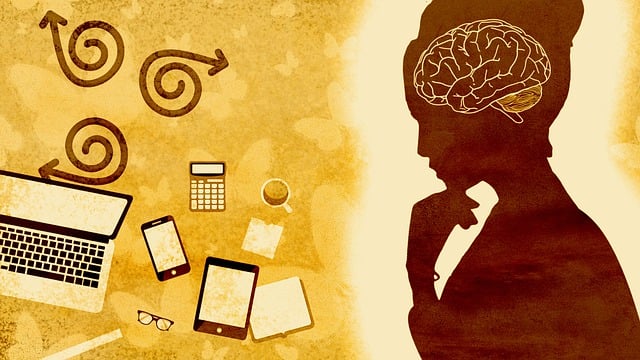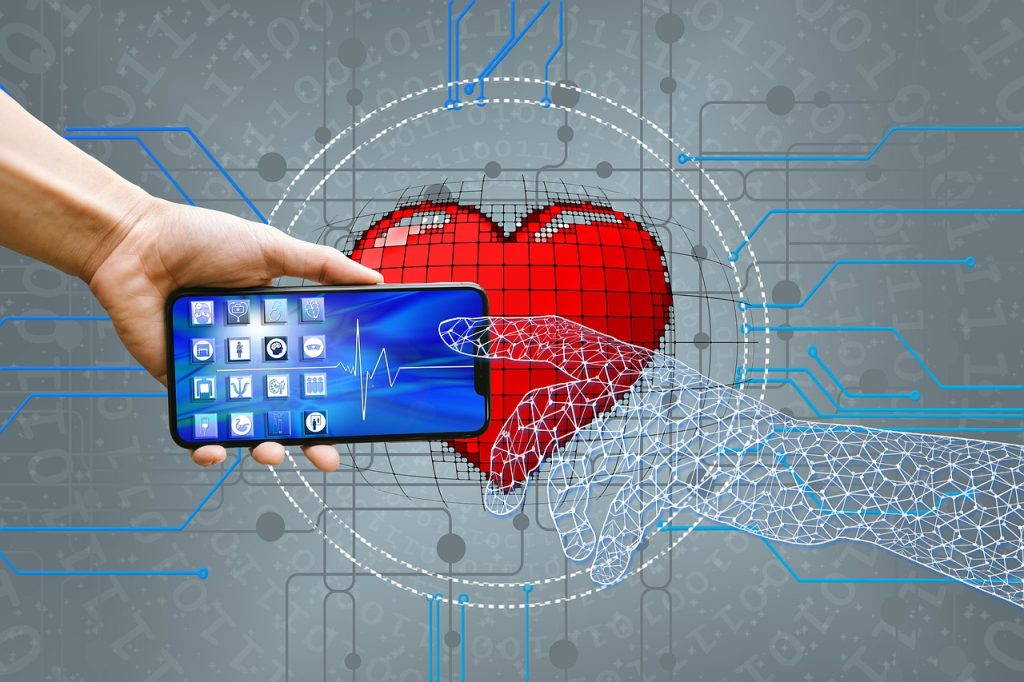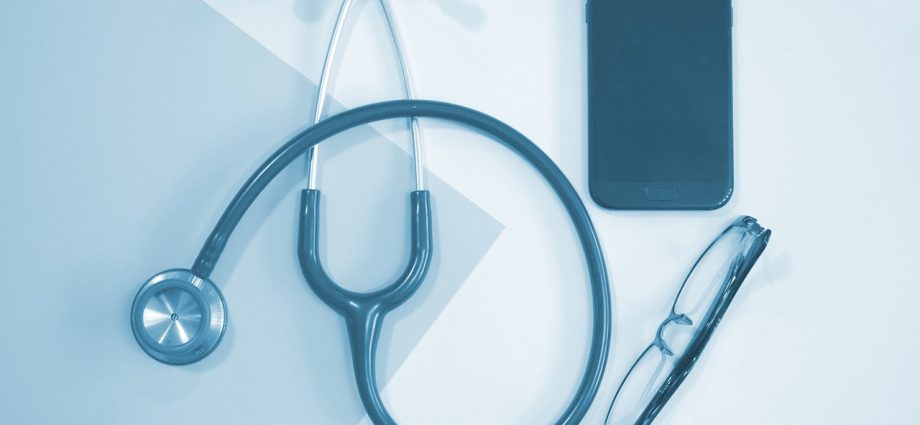Currently, technology is used to enhance our healthcare system. A wide range of digital tools and solutions are available now. Some tools we can use at our home as well as we can easily carry with us. It allows us to receive instant consultations and treatment. It makes healthcare more accessible and convenient for us. Digital health tools help us to monitor and track our health. With the use of mobile apps, we can track our diet system. And with a fitness tracker, we can monitor our heart rate, activity levels, and other critical parameters. In the end, it gives us the chance to receive immediate advice and care. This improves accessibility and convenience for healthcare.

How technology is used to improve our health:
Numerous possibilities exist for using technology to enhance our health. Here are some examples:
Technology is used through Telemedicine:
When a patient uses real-time communication tools like video conferencing to get instant treatment is called telemedicine. It entails connecting individuals with healthcare practitioners for general medical consultations or for specialized care using digital tools. Telemedicine has improved access to care for patients who reside in remote or rural areas, and have mobility issues. Nowadays it is becoming a very popular way to get consulting with medical experts. It is also providing hassle-free, low-cost, and instant solutions to a patient. In this process, a patient can receive medical advice by using his or her laptop or mobile.
Electronic Health Records (EHRs):
A patient’s paper-based medical records are converted into digital form in electronic health records (EHRs). It is comprehensive, current, and patient-centered records. That provides access to health data to both patients and healthcare professionals. EHRs enable the efficient and successful delivery of care by enabling access to patient data by healthcare workers from any location. EHR systems frequently include technologies that aid healthcare practitioners in more efficient scheduling, billing, and other administrative tasks. The Best electronic health records are AdvancedMD, NextGen, athenahealth, eClinicalWorks, Valant, Cerner, etc.
Technology is used through Medical apps:
Medical apps are mobile applications that offer patients as well as healthcare professionals a range of clinical and health management services. These apps can track symptoms, give medical information, and keep an eye on vital signs. These apps have user access on your personal device like a mobile, laptop, or tablet. Patients can use it to manage their health and wellness more effectively. A healthcare professional can utilize it to optimize clinical workflows and improve patient care. There are various medical applications on the market, including well-known ones like Visual DX, Epocrates, and Medscape.

Fitness trackers and wearable devices:
Wearable fitness trackers track physical activity, monitor sleep, and deliver real-time data on a variety of health markers. Fitbit, Garmin, and Apple Watch are the example of fitness trackers. Fitness trackers are very portable and can track speed, count calories burned and monitor heart rate. Some fitness trackers have tools for monitoring the quantity and quality of sleep. And they often come with companion apps for tracking progress over time and setting goals. People who desire to increase their physical fitness can track their body activities record.
Technology has become a part of the modern healthcare system and increasing its use to improve our health. From telemedicine and remote patient monitoring to wearable devices and Electronic Health Records (EHRs), technology is transforming the way healthcare is delivered and accessed. Technology has the ability to enhance patient engagement and improve health outcomes. It helps to enhance the coordination of care and reduce healthcare costs. It assists medical professionals in making better judgments on a patient’s care, recognizing and addressing health issues more promptly and precisely. And offering patients more individualized and efficient therapies.
